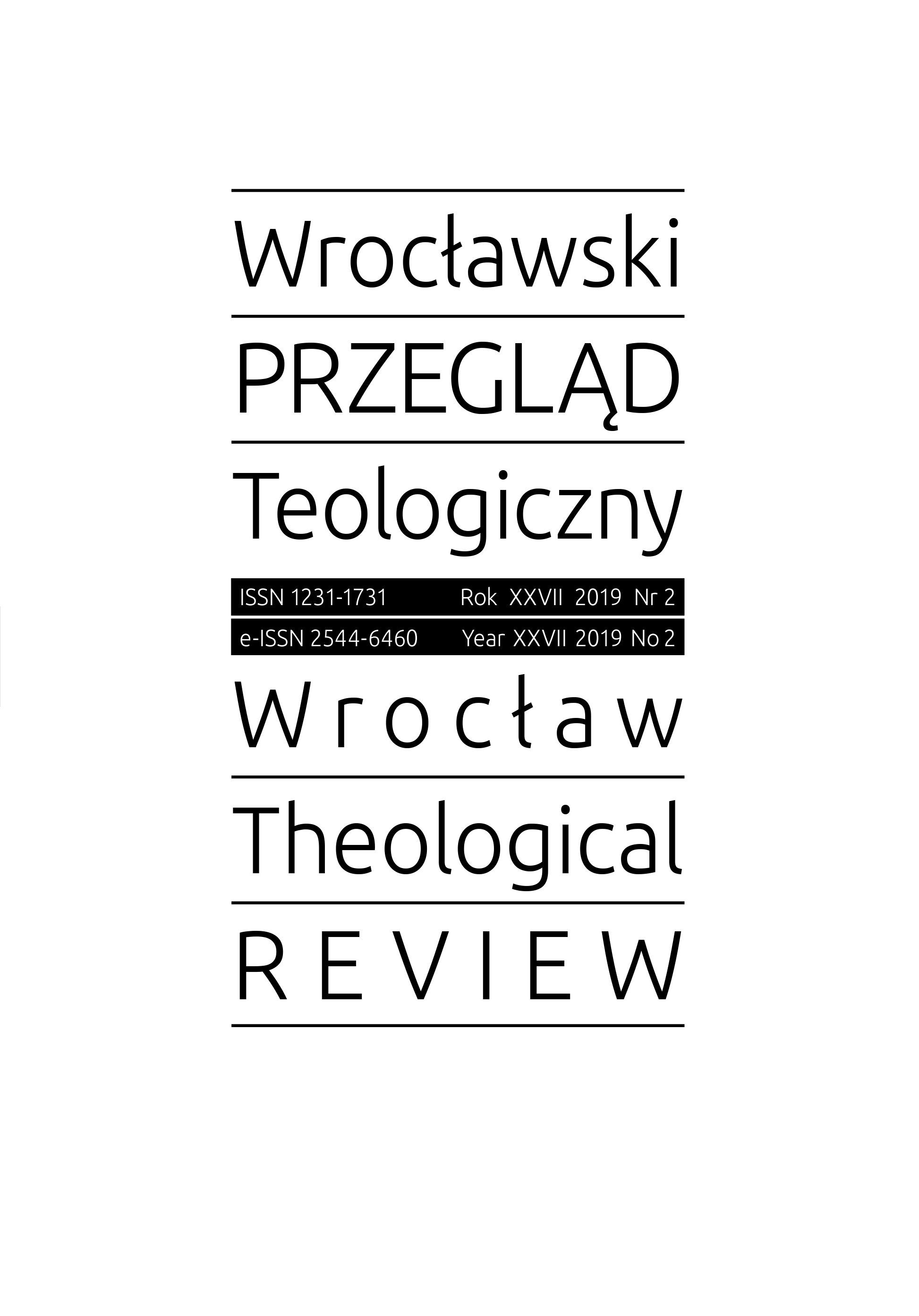Komunikacja w obliczu śmierci, czyli znaczenie kazań pogrzebowych w epoce staropolskiej – reformackie kazania funeralne
Communication in the Face of Death: the Meaning of Funeral Sermons in the Old Polish Epoch
Author(s): Sylwia ZydekSubject(s): Systematic Theology, Pastoral Theology
Published by: Papieski Wydział Teologiczny
Keywords: Franciscans of Primitive Observance; funeral sermon; communication; death; life after death; old polish epoch
Summary/Abstract: This article is an analysis of four funeral sermons. Their authors are the Franciscans of Primitive Observance: Józef Drohojowski (the sermon for Stanisław Skarbek Ankwicz’s funeral); Karol Kwinta (the sermon for Stanisław Dłużewski’s funeral); Benedykt Roszkowski (the sermon for Wojciech Opaliński’s funeral); Franciszek Parażyński (the sermon for Józef Grodzicki’s funeral). From the analysis of the funeral sermons, two closely related messages emerge: the vision of death, and the necessity of a good life, which conditions salvation. The recipient of the funeral sermon undoubtedly had to pay attention to these two issues because they were the most important in evangelistic considerations. Everyone who heard the priest’s words at the funeral knew that one should virtuously imitate the deceased to achieve the desired salvation. This pedagogy of dying in the Old Polish epoch was an extremely important element from the point of view of the eschatological future. A good, happy death guaranteed good dying and salvation and, as Drohojowski emphasises, residing in the realm of the living. Communication in the face of death was one of compositional elements of the Old Polish epoch artis bene moriendi, that is, the art of a good death.
Journal: Wrocławski Przegląd Teologiczny
- Issue Year: 27/2019
- Issue No: 2
- Page Range: 167-183
- Page Count: 17
- Language: English

